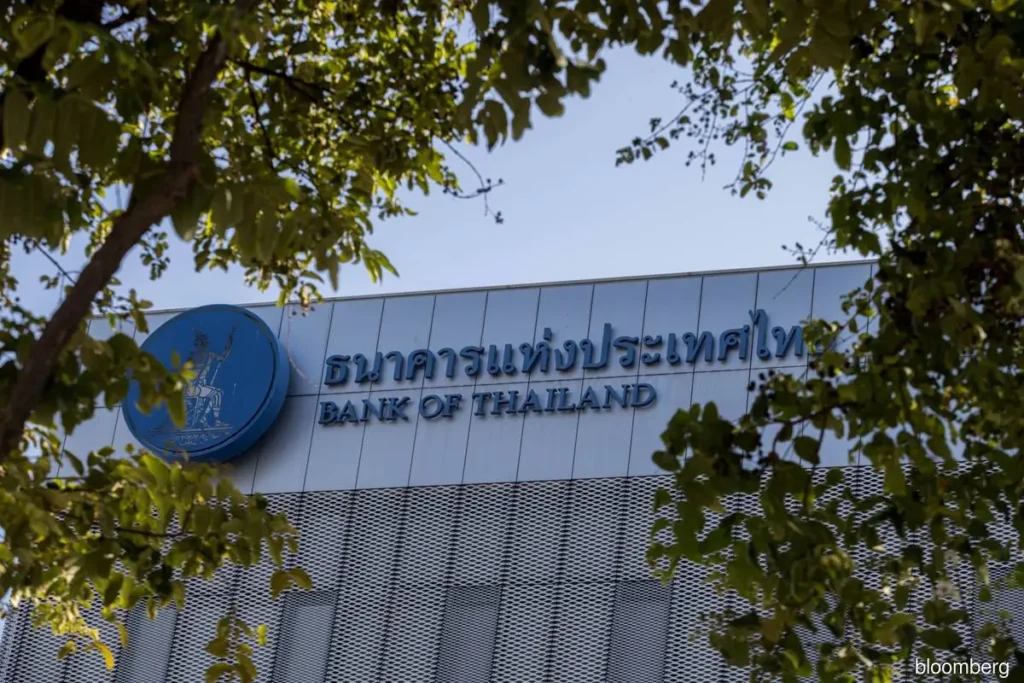The rise of cryptocurrency in Thailand has captured the attention of traders, investors, and regulators alike. With more locals and expats engaging in digital asset trading, questions around legality, tax obligations, and regulatory oversight have become increasingly common. Is crypto trading legal in Thailand? What platforms are safe to use? And what happens if you make a profit? This FAQ-style guide breaks down Thailand’s crypto laws as of 2025—covering what’s legal, what’s restricted, and what to watch out for before you enter the market.
Is Crypto Trading Legal in Thailand in 2025?
Yes, crypto trading is legal in Thailand—but only when done through licensed platforms that follow the country’s regulatory framework. The Thai SEC oversees all digital asset activity to ensure investor protection and market integrity.

Is Crypto Trading Legal In Thailand: Who Regulates Crypto in Thailand?
Two key authorities:
- The Thai Securities and Exchange Commission (SEC) – Regulates trading, exchanges, token issuance, and investor protections.
- The Bank of Thailand (BoT) – Oversees monetary policy and bans crypto use as legal tender.

Which Crypto Platforms Are Legal to Use in Thailand?
Only exchanges registered and licensed by the Thai SEC are considered legal. Popular compliant platforms include:
- Bitkub
- Satang Pro
- Binance Thailand
Unregistered or foreign platforms without local approval may be considered illegal under Thai law.

Can I Use Crypto to Buy Goods and Services in Thailand?
No. Since 2022, using cryptocurrencies for payment of goods and services has been explicitly banned. This includes Bitcoin, Ethereum, stablecoins, and others.
Authorities cited concerns over volatility, consumer protection, and impacts on monetary policy.
Is HODLing or Investing in Crypto Legal?
Yes. Holding crypto as an asset for investment is legal—as long as it is done through a licensed exchange. Both retail and institutional investors are allowed to buy and hold digital assets.

Do I Need to Pay Taxes on Crypto Gains in Thailand?
Yes. Capital gains from crypto trading are subject to a 15% withholding tax. However, enforcement and reporting mechanisms remain somewhat unclear, and compliance varies.
Traders are advised to maintain detailed records of all transactions and consult tax professionals.
What Changed in Thailand’s Crypto Laws in 2025?
Several notable legal and regulatory developments occurred in 2025:
- Tighter token screening – Only approved tokens with real utility or strong fundamentals are allowed.
- Reserve disclosures – Exchanges must show proof of reserves and risk audits.
- KYC/AML upgrades – Stronger identity verification processes were introduced to combat fraud.
- CBDC trial – Thailand is continuing its testing of a central bank digital currency, but no public rollout yet.
What’s Still Illegal in Thailand’s Crypto Space?
Here’s what remains off-limits:
- Crypto gambling platforms
- Stablecoin payments for products/services
- Unlicensed foreign exchanges
- Unapproved tokens or NFT schemes
- Operating crypto businesses without a Thai license
Violating these laws could lead to heavy fines, bans, or even criminal charges.

Credit from : Gearbrain
Can Foreigners Trade Crypto in Thailand?
Yes, but with conditions. Foreigners can open accounts on Thai exchanges if they provide proper KYC documentation, including a valid passport and a Thai bank account.
They are also expected to comply with local tax laws. Using overseas platforms while residing in Thailand enters legal gray territory.
Are Offshore Exchanges Like Coinbase or Kraken Legal to Use?
These platforms are not licensed in Thailand. While access isn’t technically blocked, using them can expose traders to regulatory risk. If disputes arise or if funds are lost, you won’t be protected under Thai law.
What’s the Outlook for Crypto Regulation in Thailand?
Thailand is not banning crypto—it’s refining how it handles it. The government wants to attract innovation while minimizing scams and volatility. Expect:
- Continued support for licensed platforms
- Possible expansion of CBDC pilot
- More public education campaigns and enforcement actions
Bottom Line: Is Crypto Safe and Legal in Thailand in 2025?
Yes—if you follow the rules. The Thai crypto market is open, regulated, and growing, but there are strict legal boundaries. Always trade through registered exchanges, report your gains, and avoid illegal shortcuts.



